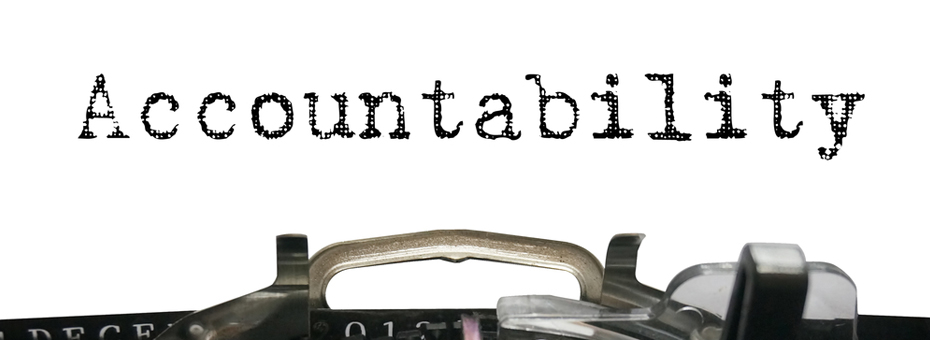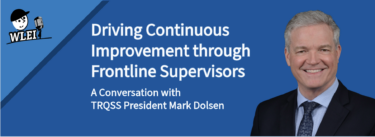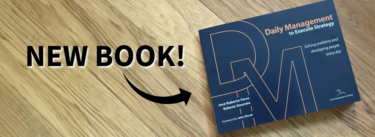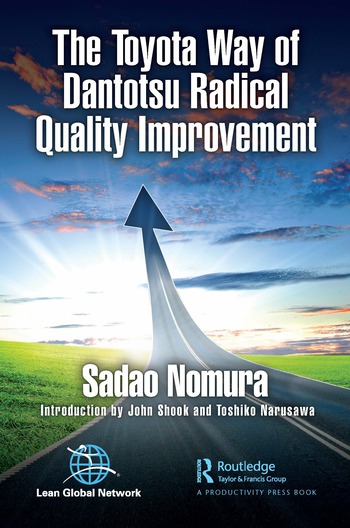Accountability. It’s a word often feared in society for being associated with the blame game – being singled out when things go wrong, even if the reasons are beyond your scope of control. It seems we are always hearing about the importance of creating a culture of accountability.
Unfortunately, when managers and associates hear the term, they often flinch! Expressions such as “We’re holding you accountable” are often seen as code for “You are liable and will be blamed if things do not go as planned!” This is a major problem for any organization that is serious about creating and sustaining a lean transformation.
If we consider the lessons of LEI’s Lean Transformation Model (see below), we see that the entire foundation rests on the basic thinking and fundamental assumptions (both overt and unseen) that drive current culture. For leaders who wish to transform from a command-and-control culture to a more participative one, a key assumption is that, when treated respectfully, people will align to a common purpose, deeply engage in both doing the work and improving the process, and assume higher levels of accountability.
The image includes employees taking on tasks without being told to do so, showing initiative to improve quality first and efficiency second, and genuinely caring about their customers, team members, organization, and community. This basic assumption that is so central to a lean transformation becomes null and void when accountability is seen as a liability that management assigns, rather than a self-assumed role that people undertake of their own volition.
When there is evidence of intentional avoidance of accountability, it suggests that people don’t trust the intentions of the organization, leadership, or even fellow teammates. They may be avoiding the risk of potential conflict that comes from taking on a task which the outcome is uncertain. This is true problem solving and it can be scary enough without the fear of being blamed if things don’t work out well. It is interesting to note the role that trust plays in all this.
Creating a lean environment is essentially creating a learning environment. In a learning environment, we move away from experts who tell others what to do and towards learners who run experiments (rapid PDCA cycles) to better understand root cause(s) and validate effective countermeasures. Accountability must be self-imposed in order for people to truly grasp the concept, take ownership, and take on appropriate levels of commitment.
But this can only be done when the fear and apprehension most people associate with words such as accountability are openly addressed. When reflecting on your own organization, here are a few questions to consider:
- Do we blame people when things don’t go as planned?
- Do people self-assume accountability or do we assign/delegate accountability?
- In our current culture is there fear, anxiety or hesitation around accountability?
- Do we ask people to be accountable before asking if they are capable?
- Do accountability and authority always go together? When should they?






